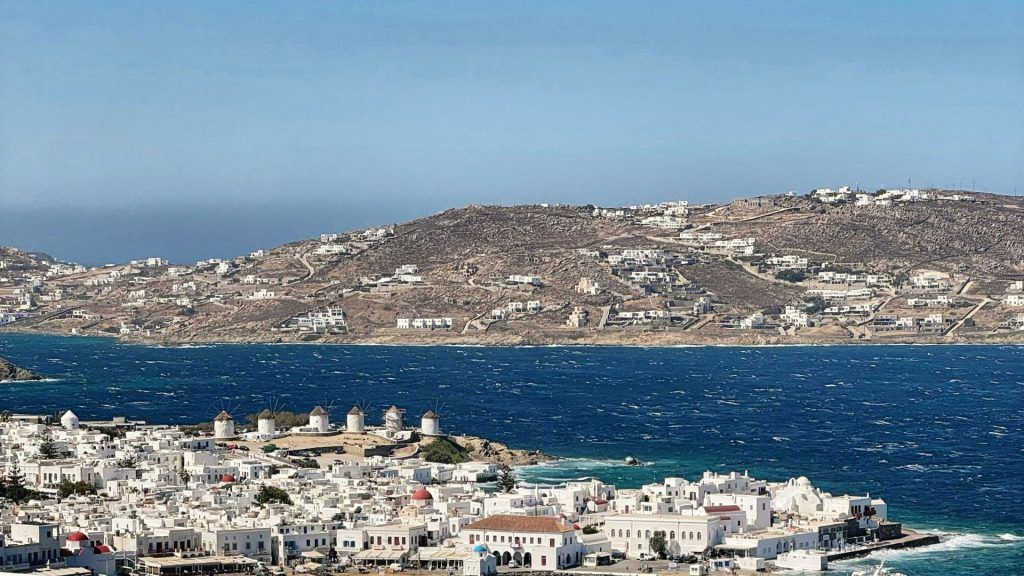Taking a stand against over-tourism and aiming to balance tourists’ needs with the well-being of local communities and the environment, Greece is implementing a multi-pronged approach to protect its iconic islands, including Santorini and Mykonos, starting with a EUR 20 (approximately HKD 172) cruise ship fee per entry.
Greek Prime Minister Kyriakos Mitsotakis has blamed a surge in visitors for the added strain on local infrastructure and environment, calling for a need to prioritise sustainable tourism. Several other countries around the globe are implementing measures to deal with the impacts of over-tourism, including Spain, New Zealand, Italy, and Japan.
Greece tackles over-tourism with cruise ship fees and more
Cruise ship fees in Greece: Santorini and Mykonos

A key element of Greece’s sustainable tourism plan is a EUR 20 (approximately HKD 172) cruise ship fee for passengers visiting Santorini — famed for its picturesque blue and white buildings set along the pristine coast — and Mykonos, popular for its mesmerising natural beauty and party life. This revenue will be used to improve local infrastructure and maintain the islands’ natural beauty.
Daily cap on cruise passengers in Santorini by 2025
In addition to the tourism fees, the government plans to limit the number of cruises allowed to the islands. Last year, the two islands saw an influx of cruises, with 800 ships bringing 1.3 million people to Santorini and Mykonos, experiencing a 23 percent increase in cruise visits. By 2025, the government will limit the daily number of cruise passengers allowed in Santorini to 8,000, ensuring a more manageable volume and mitigating overcrowding.
Environmental initiatives and lodging tax
Greece is also addressing environmental concerns caused by over-tourism. New measures tackle water shortages and other ecological challenges. To further manage visitor flow, the lodging tax will increase during peak season (April to October), encouraging a more balanced distribution of tourism throughout the year.
Housing issues and short-term rentals
Considering the impact of short-term rentals on housing availability, Greece will ban new short-term leases in specific areas of Athens for a year. Additionally, property owners shifting from short-term to long-term leases will receive a three-year tax exemption. These combined measures aim to stabilise the housing market and ensure greater access for locals, Schengen.News reported.
(Feature image credit: Dawid Tkocz/ Unsplash)
This story first appeared here.
Note:
The information in this article is accurate as of the date of publication.






